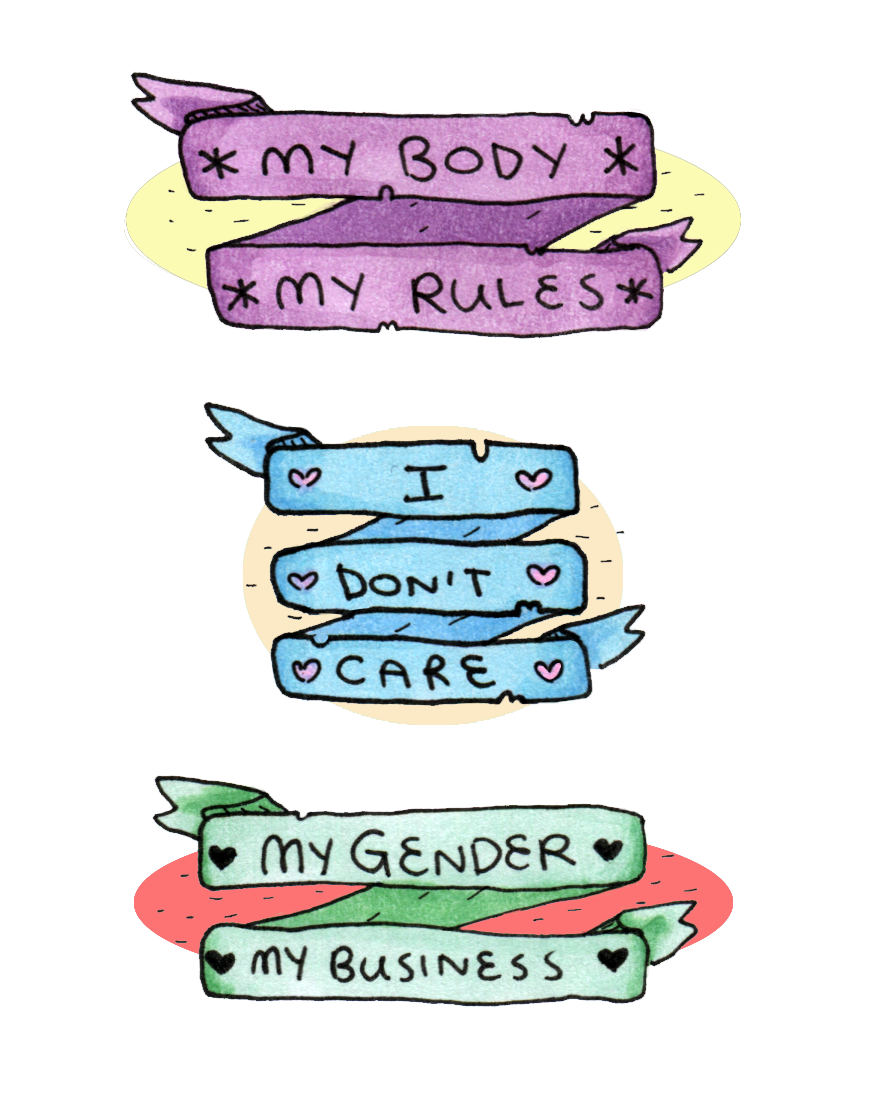
This plays into the binge-restrict cycle, which is often depicted by a swinging pendulum in which a person might restrict food, feel deprived, and then engage in binge-eating. Not having enough food or being able to predict when you are going to eat can create a huge disconnect between our sense of appetite/hunger and our bodies. However, these aren't the only pressures that lead to unhealthy relationships with our bodies.įood insecurity (lack of consistent access to food) contributes in a major way to disordered eating. Some people engage in food restriction or compulsive exercise in order to manage their weight, shape, or size, which is commonly linked to wanting one’s body to be perceived more in line with white and cis-heteronormative ideals for masculinity and femininity. There are many ways that trans people can develop disordered eating and related behaviors -some overt and others more subtle. negative body image or distress about one’s body size, shape, or weight, and moreĮating disorders look different on different people.various strategies to “undo” the amount of food that was eaten (e.g., exercise, vomiting, laxative use).binge eating or eating a large amount of food that results in a great deal of discomfort, guilt, or a perception of being out of control.following strict rules about food, eating, or exercise.intentionally restricting one’s food intake.What are examples of disordered eating among trans and non-binary communities?ĭisordered eating can look like one or more of the following: Unfortunately, these coping methods are not effective long-term strategies. When barred from access to hormones and/or gender-affirming surgeries, many trans folks might look for ways of trying to manage their body size, shape, or weight. Furthermore, due to the exclusive and discriminatory healthcare systems, many people don’t have options for medicalized forms of transition. Others may fear how they are perceived and how this will affect their safety as they move through the world. Some feel pressure to live up to masculine or feminine ideals based on cis-centric western binary conceptions of beauty or desirability. These are often related and entangled with gender dysphoria, anti-fat bias, and transphobia. There are lots of reasons why trans and non-binary people develop negative or compromised relationships with our bodies. How you feel about your body, shape, and size are often related to your family, race and ethnicity, cultural background, and of course, the anti-fat bias that we are all exposed to regardless of where or how you grew up. The relationship between disordered eating and being in a gender non-conforming body looks different for everyone and depends on multiple factors. What factors lead to having a disordered relationship to food or your body shape, size, or weight?


basically anyone who has a body under surveillance. Eating disorders affect people of all genders: trans masculine folks, trans feminine folks, non-binary folks. That figure is likely an underestimate, as the criteria for being diagnosed with eating disorders is extremely limited. In fact, one survey study (Diemer et al., 2015) suggests that trans people are over eight times more likely to have been diagnosed with an eating disorder in the past year. Trans people are at a much higher risk of developing eating disorders, yet are more likely to be underdiagnosed because we don’t fit the mold of the eating disorders stereotype: white, cis, heterosexual women. What is the prevalence of eating disorders in trans and/or non-binary communities? And we need to talk about eating disorders in the trans community because they are killing us. It’s about safety, access, all the things we are not talking about. When it comes to existing in relative comfort, it’s not just about aesthetics. It can be hard, at times impossible, to separate out the different pressures we face living day to day in our trans and non-binary bodies.


 0 kommentar(er)
0 kommentar(er)
